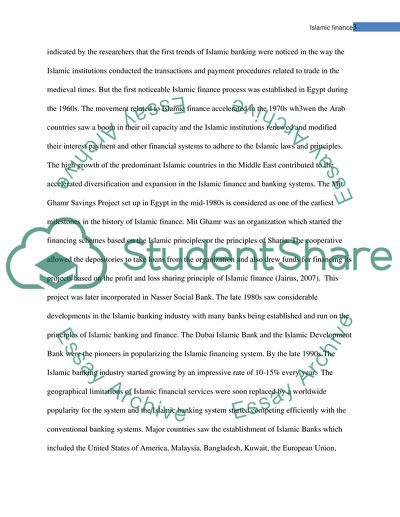Cite this document
(“Islamic finance Research Paper Example | Topics and Well Written Essays - 2500 words”, n.d.)
Retrieved from https://studentshare.org/finance-accounting/1632954-islamic-finance
Retrieved from https://studentshare.org/finance-accounting/1632954-islamic-finance
(Islamic Finance Research Paper Example | Topics and Well Written Essays - 2500 Words)
https://studentshare.org/finance-accounting/1632954-islamic-finance.
https://studentshare.org/finance-accounting/1632954-islamic-finance.
“Islamic Finance Research Paper Example | Topics and Well Written Essays - 2500 Words”, n.d. https://studentshare.org/finance-accounting/1632954-islamic-finance.


